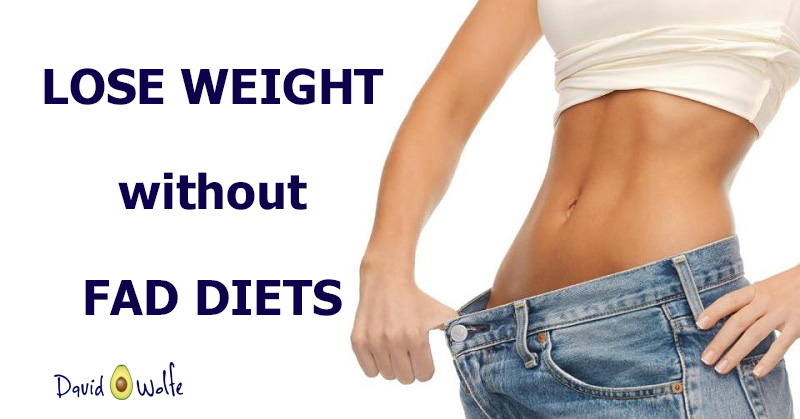How many times have you said “I’ll start my diet on Monday?” How many fad diets have you tried in order to lose that extra weight? Cutting carbs, restricting calories… it can make you feel weak, dizzy and constantly hungry. If losing weight and living a healthy lifestyle are something you’ve struggled with, these five tips might finally help you get where you want to be.
1. Eat Your Veggies
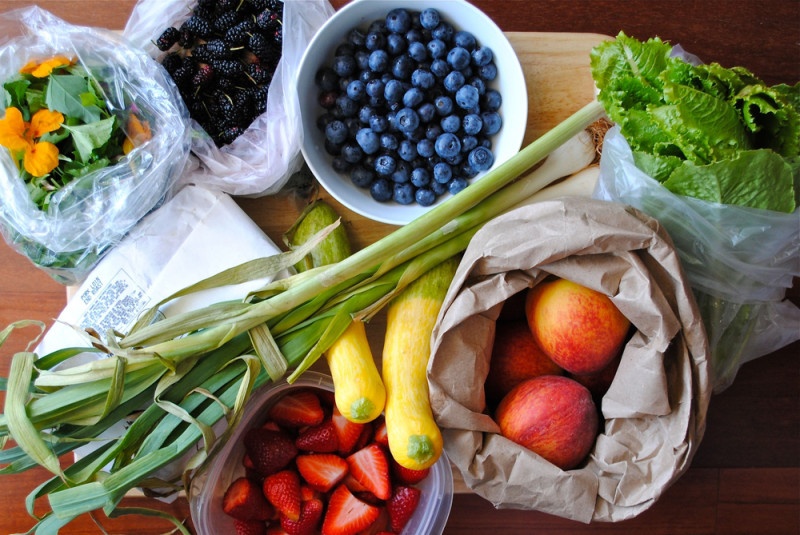
Fruits and vegetables are high in fiber, vitamins and phytonutrients, but low in calories. Eating a bowl of fruit or veggies can fill you up without loading you with fat and calories. Plant-based foods are packed with numerous ingredients to keep your body healthy, and they have been shown to help control food cravings and overeating.
Instead of reaching for a candy bar, try munching some fresh fruit or vegetables. Increasing your intake and focusing on green vegetables can have a beneficial impact on your health and help support healthy weight loss.
2. Limit Your Portion Size
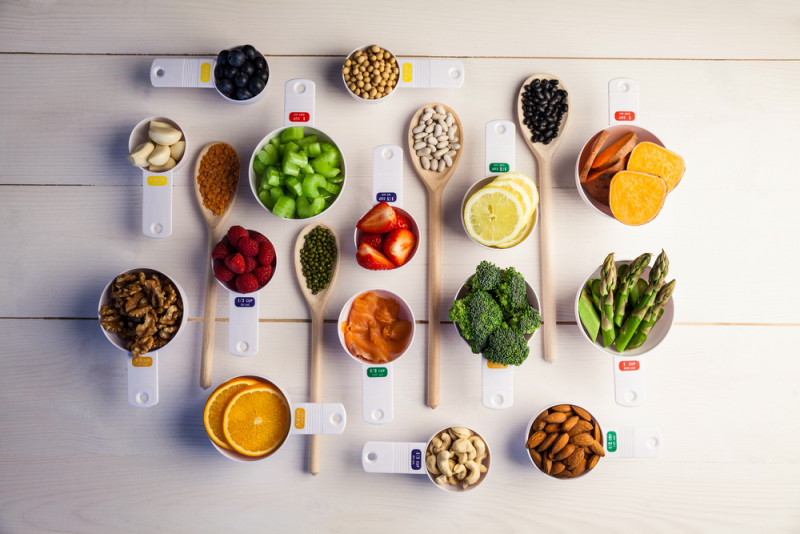
Even if you are eating healthy foods, eating too much of them can still make you gain weight. The obesity epidemic has increased over the past few years, as have portion sizes. A study published in the American Journal of Clinical Nutrition concluded that despite increases in intake, individuals presented with larger portions of food generally do not report or respond to increased levels of fullness, which suggests that signals of being full and satisfied are being ignored or overridden.
Simply put, if a larger portion is in front of you, you are more likely to continue to eat it well after you are full. Limiting your portion sizes can help you be more aware of when you are full, and help you to stop overeating.
3. Watch What You Drink
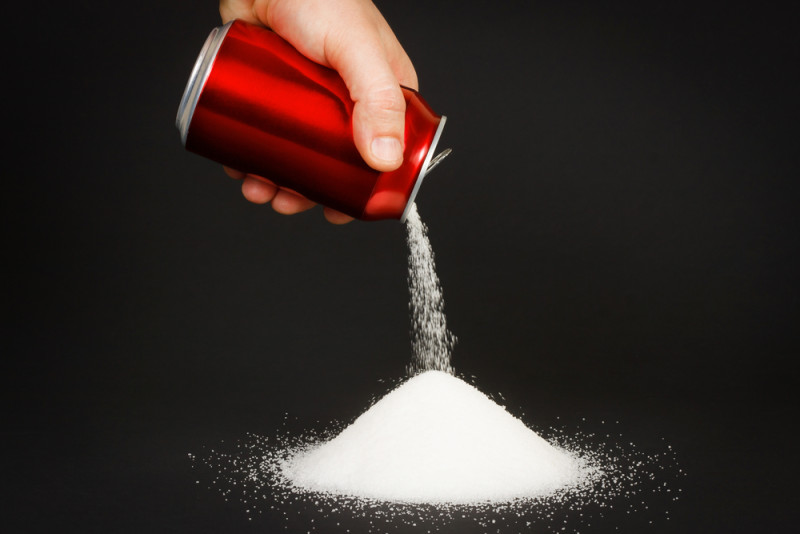
Even those who are on a restricted food diet can forget to factor in beverages. Adding cream and sugar to your coffee in the morning can add extra sugar, fat and calories. A can of Coca-Cola contains 140 calories and 39 grams of sugar.
Even diet soda isn’t a smart choice. A study found that people who drank diet soda gained almost triple the amount of belly fat over nine years compared to those who didn’t drink diet soda. Sugar-free sodas contain substitutes that can sweeten soda 200-600 times more than sugar. Sugar can also be extremely detrimental to weight loss, and too much will undoubtedly cause weight gain. Drink water when you wake up in the morning, and continue drinking it all day long. It will help you stay full, eat less, and promote healthy digestion.
4. Resist Temptation

Temptation may be the biggest reason that it’s so hard to stick with a diet. When you know you can’t have something, it makes you want it even more. One trick to curb temptation is to keep sources of temptation out of your house. Stock your home with healthy foods. If you have to go out on an errand, you’re more likely to forget about a craving and overcome it.
Another tip is to keep something healthy in your purse and at your desk at all times. If someone in the office brings in a birthday cake, pull out your container of fruit. If you’re out shopping and find yourself wandering down the cookie aisle, pull out the protein bar in your purse and munch on that instead. (Here are some other tips on how to deal with food temptation.)
5. Forget About the Numbers
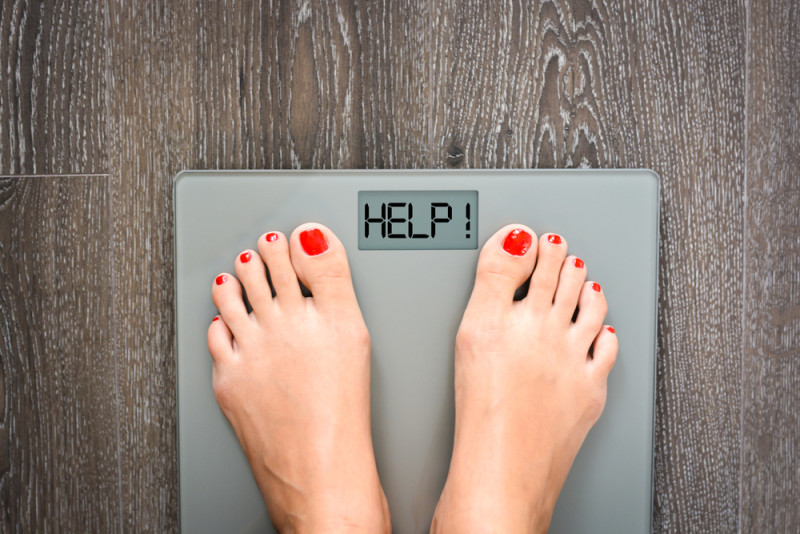
While seeing the numbers on the scale drop can be motivation for some, it can do more harm than good for others. People who focus on the actual process of losing weight, rather than the numbers on the scale, are shown to have steadier progress and experience fewer setbacks. Letting those numbers determine your success or failure ignores the point of your overall journey. Your short-term goal may be to lose weight, but for most people, that can also mean your long-term goal is to improve your overall health.
The numbers on the scale aren’t always reliable. They fluctuate depending on the time of day you weigh yourself and the amount of water your body is holding onto, and whether or not you are exercising or lifting weights in addition to your diet can also have an impact on your weight. The point is — Instead of focusing on your weight, focus on how you feel. If you feel stronger, healthier, more energized, and your pants are a little loose, it’s likely that you’re on the right track.
h/t: ifl science


